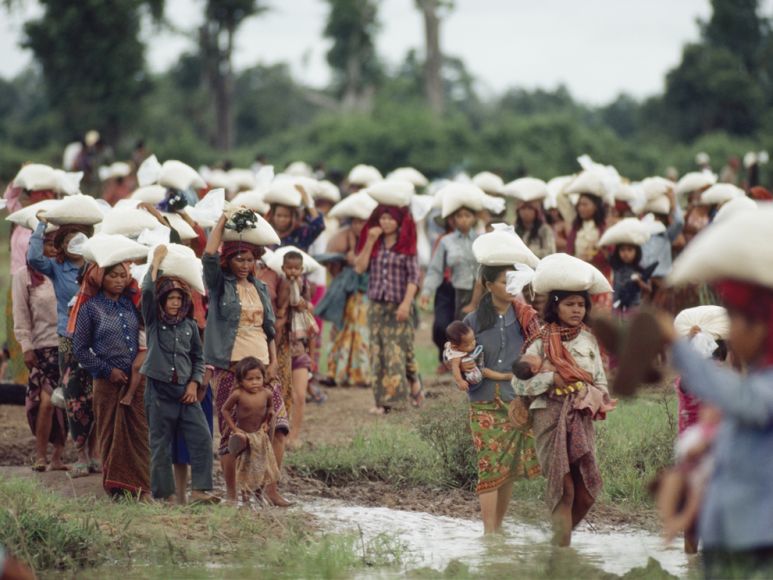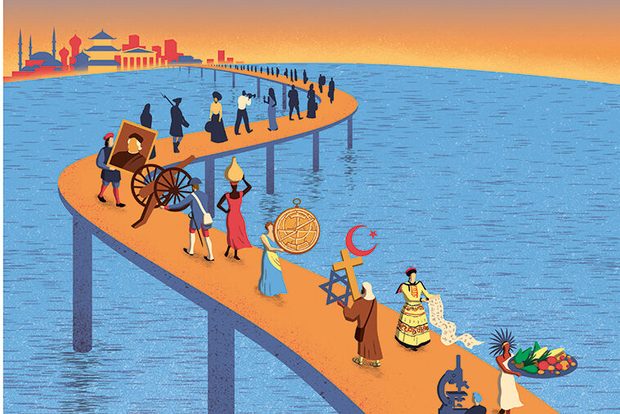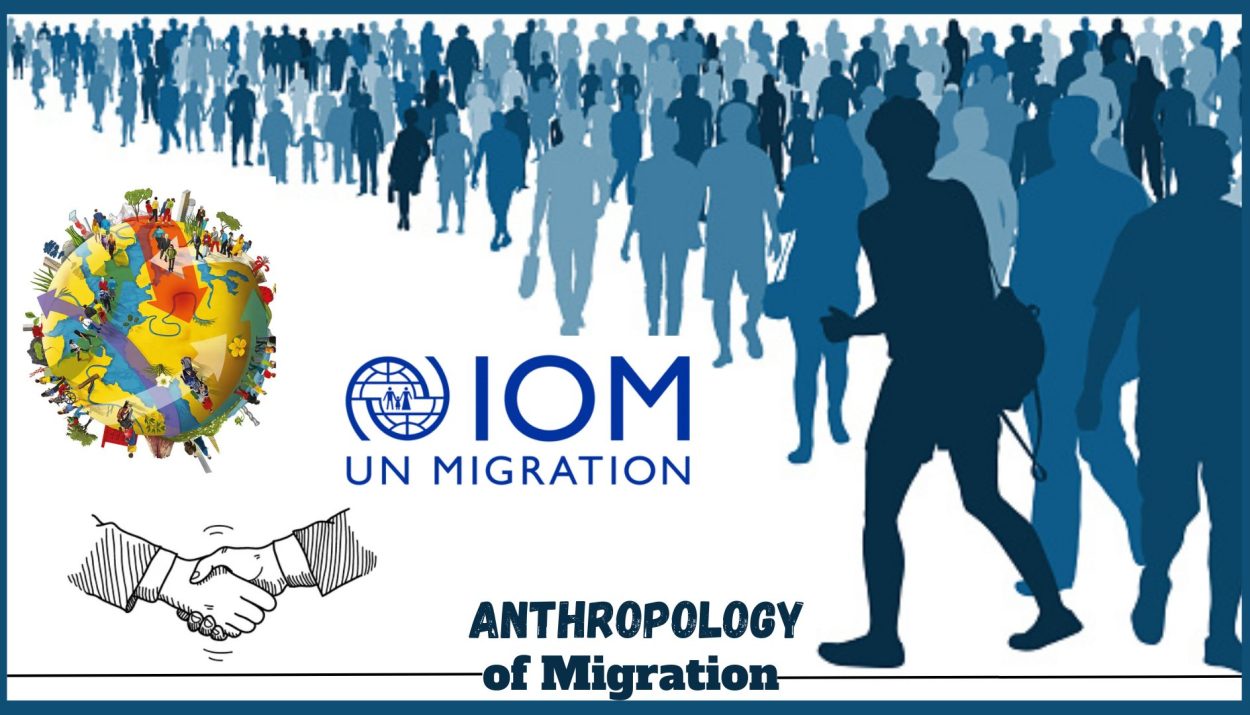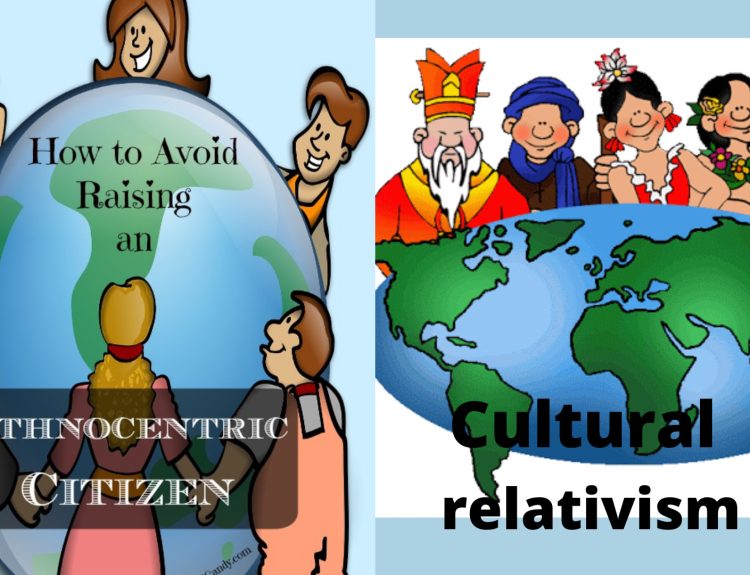People moving from one place to another at any scale is called migration. People migrate to find new opportunities. Migration around the world may be legal, illegal, voluntary or involuntary. Remember nomads are not migrants because they have no intention of settling down.
The migration pattern often starts with a move from rural to urban, then maybe from a regional urban centre to a more prominent centre within the same country and then, an international stir.
Definition of Migration
According to the Cambridge Dictionary– “Migration is the process of people travelling to a new place to live, usually in large numbers”.
According to Oxford Learner’s Dictionaries– “Migration is the movement of large numbers of people, birds, or animals from one place to another”.
The UN Migration Agency (IOM) defines a migrant as any person who is moving or has moved across an international border or within a State away from his/her habitual place of residence, regardless of (1) the person’s legal status; (2) whether the movement is voluntary or involuntary; (3) what the causes for the movement are; or (4) what the length of the stay is.
Who are Refugees?
According to UNHRC- The UN Refugee Agency India
Refugees are people who have fled war, violence, conflict or persecution and have crossed an international border to find safety in another country. Refugees are protected by international laws.

Some people are migrants and some are refugees. Migrants choose to move while refugees are forced to move. Refugees are forced to flee their country due to conflict, violence, and persecution. They can’t be sent back home because their lives are in danger there. There are millions of refugees around the World.
Types of Migration
Internal migration– migration within a state or country
External migration– migration outside a state or country
Immigration– migrating into a new country
Emigration– leaving one country to move to another
Return migration– moving back to where you came from
Seasonal migration– moving according to the season. Here migration is because of the changes in the climatic conditions.
Factors responsible for Migration
Pull factor
That means people moved because something attracted them to a new place like better living conditions, better wages or a safer living environment.
Push factor
The factors that force people to move to other areas are called push factors like poor living conditions, disasters (natural and man-made), war, persecution, overpopulation, food shortage etc.
Outcomes of Migration
- The intermingling of culture which we called transculturation.
- Sharing of traditions, innovations and goods.
- Sharing of physical features.
- Change in the racial and cultural composition of the population in the place of destination.
- Development of composite culture.
- Improves or destroys the relationship between migrating countries.
Anthropology of Migration
Anthropology of migration is the study of the political, economic and social effects of migration on society. It is a collaborative study of anthropology, geography, sociology, history, economics, political science, psychology etc. It involves the study of the relationship between human migration and their culture.
Anthropologists tried to solve questions like-
Why do people move?
How does migrant life unfold?
They try to find Migrants’ identities. This is a very large field of study. There is a lot of anthropological research on the study of migration.

Anthropologists are interested in national citizen-making processes. The anthropological study of migration is to understand the processes from people’s perspectives and life stories. Anthropologists also take into account past and longer histories of migration. They try to study asylum and refugees’ livelihood and everyday experiences in refugee camps.
They try to find new possible directions by inquiring into migration and multiculturalism. They examine diversity, urban conditions, social complexities, interwoven cultures, transnational social functions etc.
In short, anthropologists try to find all the issues related to migration.
References
Introduction to Human Migration







